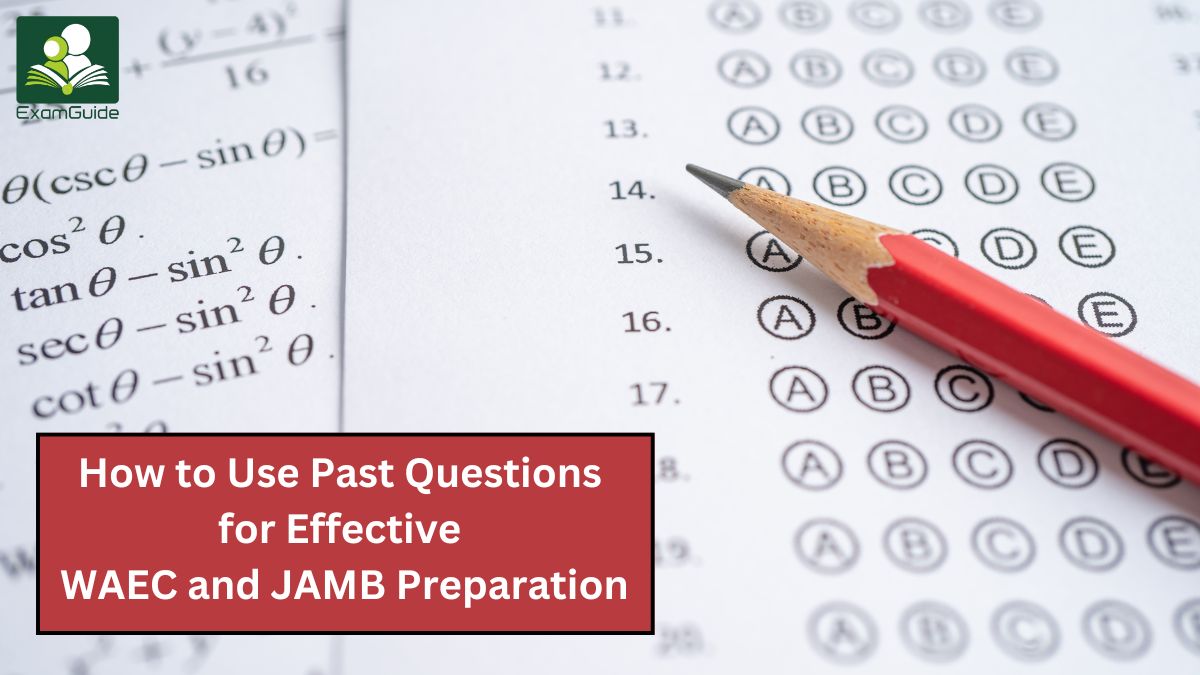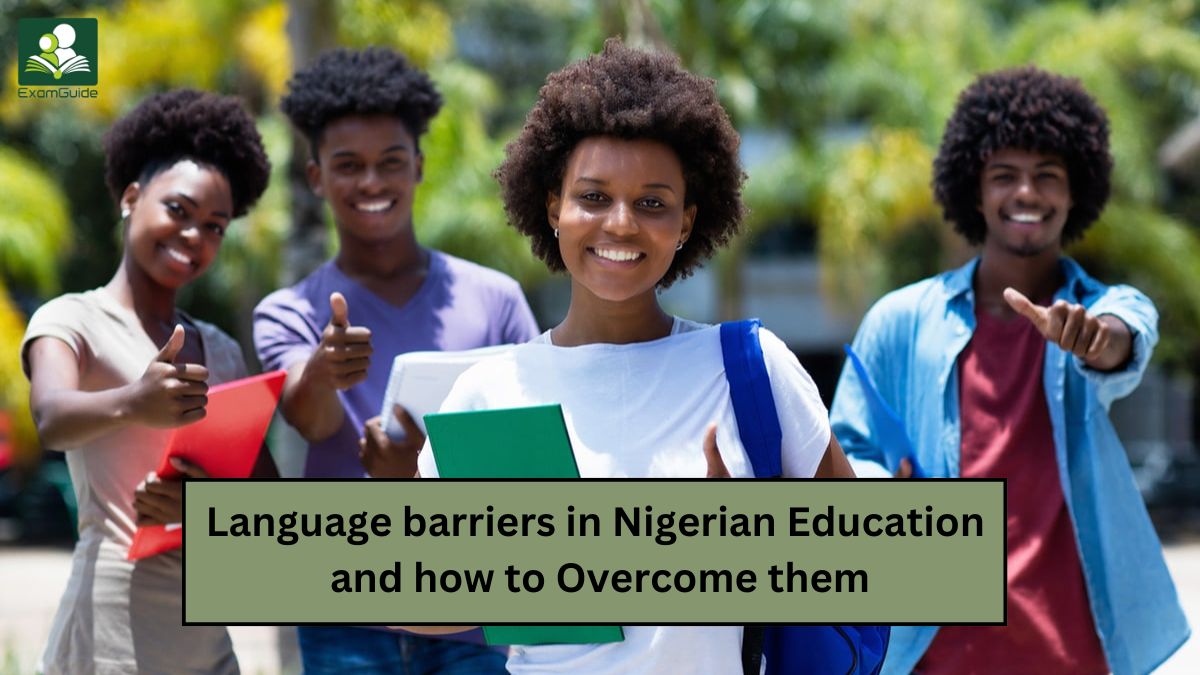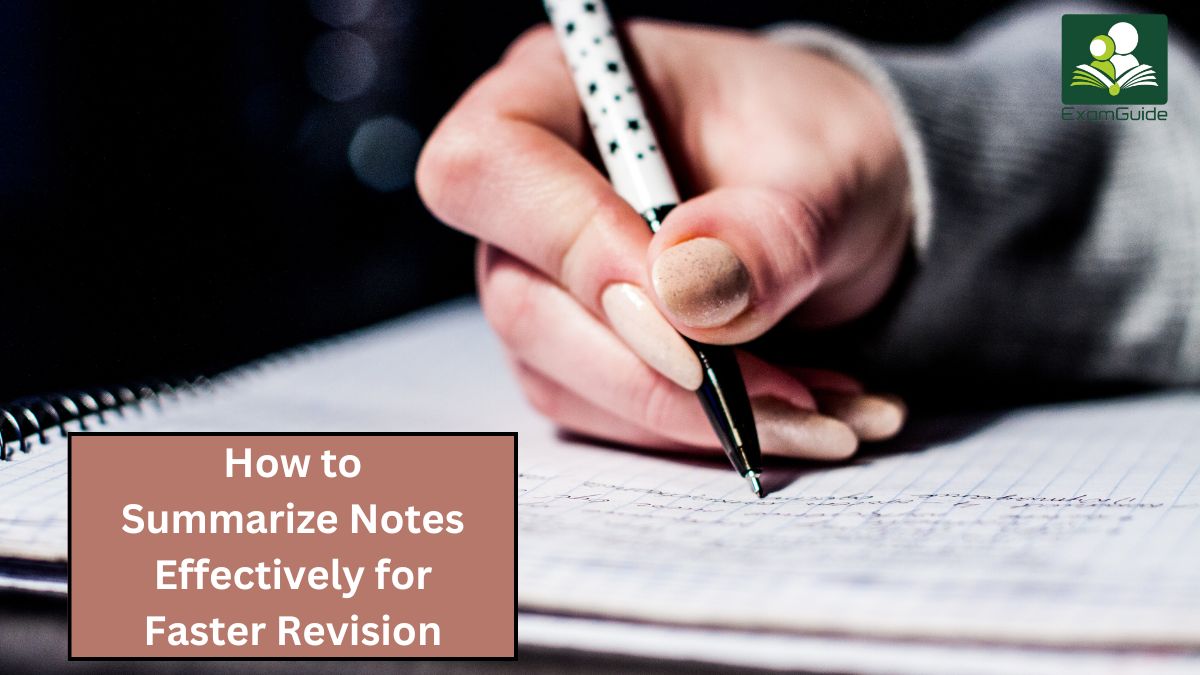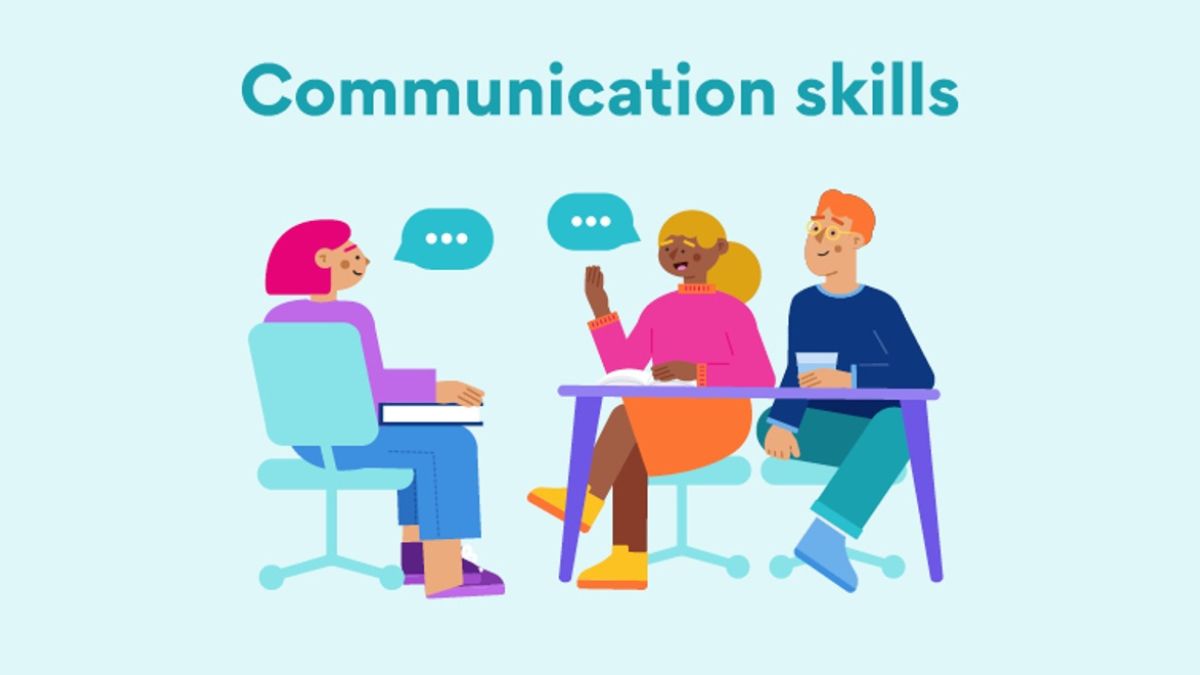
How Does Strike Affect Education in Nigeria?
Strikes in Nigeria's educational sector have been a recurring issue, impacting students, teachers, and the overall education system. These disruptions, often driven by disputes between educational institutions and government bodies, have far-reaching consequences on learning and development.
This article explores the multifaceted effects of strikes on education in Nigeria, examining the causes, impacts, and potential solutions to mitigate these disruptions.
Table of Content
Causes of Strikes in Nigerian Education
What are the Impact of Strikes on Students?
What Psychological Effects Can Strikes Have on Students?
Impact of Strikes on Teachers and Educational Institutions
What are Some Potential Solutions to Mitigate the Impact of Strikes in the Education Sector?
Causes of Strikes in Nigerian Education
- Inadequate Funding: One of the primary causes of strikes in Nigerian education is the lack of adequate funding. Universities and other educational institutions often face financial constraints that affect their ability to maintain infrastructure, pay staff salaries, and provide essential resources for students.
- Poor Working Conditions: Teachers and lecturers frequently go on strike due to poor working conditions, which include inadequate salaries, lack of promotional opportunities, and insufficient research funding. These issues often lead to dissatisfaction among staff, prompting industrial action.
- Government Policies: Disputes over government policies, such as changes in pension schemes, pay structures and educational reforms, can trigger strikes. When stakeholders feel that policy changes are detrimental or inadequately implemented, strikes become a means to express discontent and demand reforms.
- Unfulfilled Agreements: Strikes can also arise from unfulfilled agreements between educational unions and the government. Agreements on salary increases, improved conditions, and other demands may be negotiated but remain unmet, leading to industrial action.
What are the Impact of Strikes on Students?
- Disrupted Learning: Strikes lead to interruptions in the academic calendar, resulting in lost instructional time. This disruption can delay the completion of syllabi, affect examination schedules, and extend the duration of academic programs, impacting students’ overall learning experience.
- Academic Performance: Prolonged strikes can negatively affect students' academic performance. With interruptions in classes and examination delays, students may struggle to stay on track with their studies, leading to decreased academic achievement and increased stress.
- Psychological Effects: The uncertainty and disruption caused by strikes can have psychological effects on students. Anxiety about the future, concerns about academic progression, and the stress of adjusting to erratic schedules can affect students’ mental well-being.
- Economic Burden: Strikes can impose additional financial burdens on students and their families. Extended periods of academic inactivity may require families to incur additional costs for private tutoring or remedial classes, increasing the financial strain.
What Psychological Effects Can Strikes Have on Students?
Strikes in educational institutions can have several psychological effects on students, including:
- Anxiety and Stress: Uncertainty about the future, interruptions in academic routines, and concerns over potential delays in completing their studies can cause significant anxiety and stress among students.
- Frustration and Helplessness: Students may feel frustrated and helpless due to the disruption of their academic progress and the lack of control over the situation. This can lead to feelings of dissatisfaction and a diminished sense of achievement.
- Decreased Motivation: The interruption of regular classes and academic activities can lead to a loss of motivation. Students might struggle to stay engaged with their studies and maintain their academic focus.
- Fear of Falling Behind: Students may worry about falling behind in their coursework and not being able to catch up, which can affect their self-esteem and confidence in their academic abilities.
- Increased Stress Levels: The added stress of coping with uncertain academic schedules and potential financial burdens for additional tutoring or remedial classes can negatively impact students' overall well-being.
- Impact on Mental Health: Prolonged disruptions can contribute to more serious mental health issues, such as depression or anxiety disorders, particularly if students feel they have no support or are unable to manage the stress effectively.
Impact of Strikes on Teachers and Educational Institutions
- Strained Relationships: Strikes can strain relationships between teachers and the government, as well as between educational institutions and their stakeholders. Prolonged disputes can erode trust and hinder collaboration, affecting the overall functioning of educational institutions.
- Institutional Reputation: Frequent strikes can damage the reputation of educational institutions. Perceptions of instability and inefficiency may deter prospective students and reduce the institution’s attractiveness to potential faculty and partners.
- Career Uncertainty: For teachers, strikes can lead to career uncertainty and financial instability. While strikes are meant to address grievances, the associated disruptions and potential loss of income during strike periods can impact teachers’ professional and personal lives.
- Resource Allocation: Educational institutions may face challenges in resource allocation during strike periods. With reduced activity, the efficient use of resources becomes difficult, and planned investments or improvements may be delayed or shelved.
What are Some Potential Solutions to Mitigate the Impact of Strikes in the Education Sector?
- Improved Funding: Increasing funding for education is essential to address financial constraints that contribute to strikes. Adequate investment in educational infrastructure, staff salaries, and resources can help prevent disputes and ensure a more stable educational environment.
- Enhanced Communication: Strengthening communication between educational institutions, staff, and government bodies can help resolve issues before they escalate to strikes. Regular dialogue and transparent negotiations can lead to more effective agreements and reduce the likelihood of industrial action.
- Timely Implementation of Agreements: Ensuring that agreements between unions and the government are promptly implemented can help prevent strikes. Adhering to agreed terms and addressing grievances in a timely manner can maintain stability and trust within the educational sector.
- Alternative Dispute Resolution: Exploring alternative dispute resolution mechanisms, such as mediation and arbitration, can offer more constructive ways to address conflicts. These methods can facilitate resolution without resorting to strikes and prolonged disruptions.
ASUU Strike in Nigeria
The Academic Staff Union of Universities (ASUU) in Nigeria has a history of embarking on industrial actions, often in the form of strikes, to demand improved conditions for university lecturers. These strikes have had significant impacts on the Nigerian education system, leading to disruptions in academic calendars, learning losses for students, and financial strain on institutions.
Key Issues and Demands
- Funding: ASUU has consistently demanded increased funding for public universities to improve infrastructure, research facilities, and staff salaries.
- Salary and Allowances: Lecturers have sought better remuneration, including regular salary increases and payment of allowances.
- University Autonomy: ASUU has advocated for greater autonomy for universities, allowing them to manage their affairs independently without excessive government interference.
- Conditions of Service: The union has also raised concerns about the conditions of service for university staff, including workload, promotion, and tenure.
Impacts of ASUU Strikes
- Disruption of Academic Calendar: Strikes often lead to the closure of universities, resulting in significant loss of instructional time and delays in examinations.
- Learning Losses: Students suffer from learning losses due to prolonged periods without classes.
- Delayed Graduation: Students may experience delays in graduation, affecting their academic and career progression.
- Financial Strain: Universities and students may incur financial losses due to canceled programs, reduced enrollment, and increased expenses.
- Brain Drain: The prolonged strikes have contributed to the emigration of talented academics to other countries.
Recent Developments
- 2022-2023 Strike: The most recent major ASUU strike occurred in 2022 and lasted for several months. The union's demands included increased funding, improved salaries, and university autonomy.
- Government Negotiations: The government has engaged in negotiations with ASUU to resolve the issues and end the strikes. However, these negotiations have often been fraught with challenges and disagreements.
Conclusion
Strikes in Nigeria's educational sector have significant impacts on students, teachers, and institutions. While they are often a response to pressing issues, their effects can be detrimental to the overall quality of education.
Addressing the root causes of strikes through improved funding, enhanced communication, and timely implementation of agreements is crucial for minimizing disruptions and ensuring a more stable educational environment. By focusing on these solutions, Nigeria can work towards reducing the frequency and impact of strikes, ultimately benefiting its educational system and the broader society.
No comment found
Related Posts

Top 20 Motivational Quotes for Students to Work Hard

How to Use Past Questions for Effective WAEC and JAMB Preparation

Language barriers in Nigerian Education and how to Overcome them

How to Excel in Mathematics: Tips for Nigerian Students

How to Summarize Notes Effectively for Faster Revision


